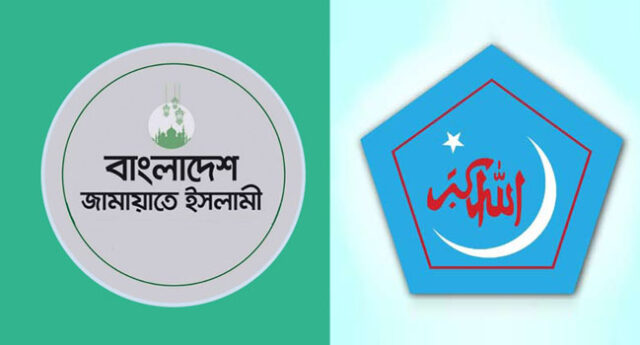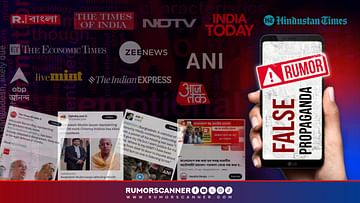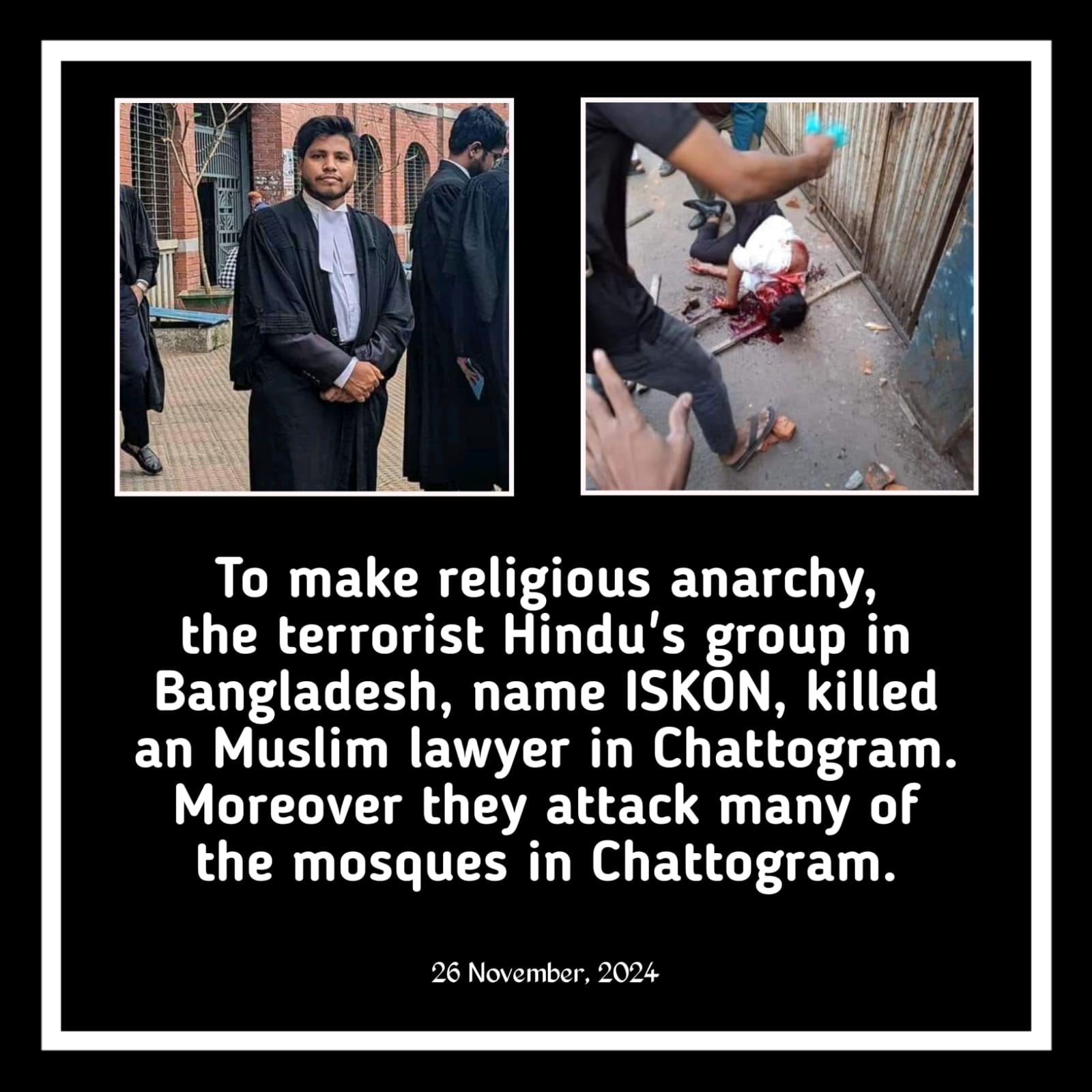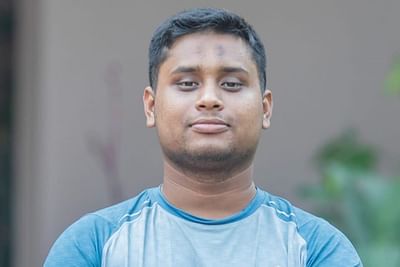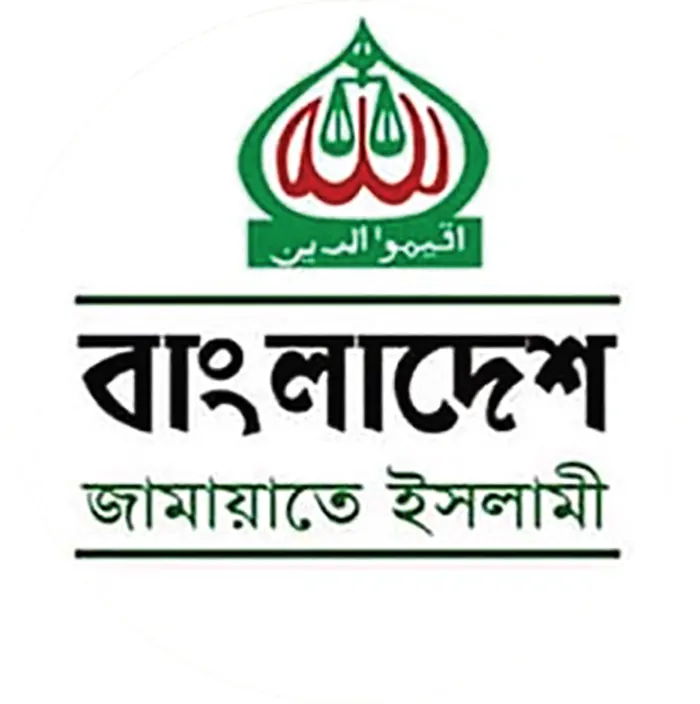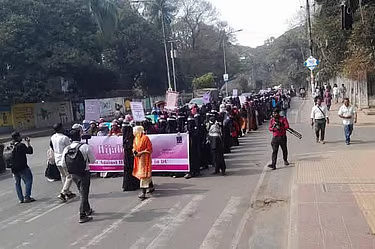In an effort to overturn the ban, Jamaat-e-Islami Bangladesh has resumed normal operations, including reopening party offices across the country, following the political shift on August 5. Currently, the party’s focus is on two key issues: regaining their registration, which was canceled by the Election Commission (EC), and having the ban on the party lifted. According to sources, Jamaat is preparing a legal strategy to regain their registration. Simultaneously, the party is actively working to have the ban, which was imposed through an executive order at the peak of the student movement, revoked by the interim government.
A high-ranking source within Jamaat indicated that a lawyer from the High Court has been appointed to handle both the legal and administrative efforts regarding the ban and registration. This lawyer is reportedly mediating with relevant government officials on these matters. The High Court had previously upheld the cancellation of Jamaat’s registration, and the appeal against this ruling was dismissed. Due to personal difficulties of their senior lawyer, AJ Mohammad Ali (who passed away on May 2), Jamaat’s lawyer, Md. Ziaur Rahman, requested a six-week adjournment, which the court denied, leading to the appeal’s dismissal. As a result, the High Court’s ruling declaring Jamaat’s registration illegal remained in effect. Jamaat has now decided to appeal again to the Appellate Division to regain their registration.
On August 1, during the final moments of the anti-discrimination student movement, Sheikh Hasina’s government banned Jamaat-e-Islami and its student wing, Islami Chhatra Shibir. The Ministry of Home Affairs issued a notification under section 18(1) of the Anti-Terrorism Act, banning Jamaat, Shibir, and their other affiliated organizations. Three days later, on August 5, the government fell to the student-led uprising, and Sheikh Hasina fled to India. Other ministers and MPs from her government also went into hiding to escape public anger.
On the day of the political upheaval, August 5, Jamaat emerged on the scene. At noon, General Waqar-uz-Zaman, the Chief of Army Staff, held a meeting with leaders of significant political parties, excluding the Awami League. According to the Army Chief, Jamaat’s Amir, Shafiqur Rahman, was present at this meeting. In the evening, the Amir participated in another meeting with the President and various political parties. Subsequently, on August 8, Jamaat attended the swearing-in ceremony of the interim government’s advisors, led by Dr. Muhammad Yunus, at Bangabhaban. On August 12, a Jamaat delegation, including the Amir, met with the Chief Advisor, Dr. Yunus, at the state guest house Jamuna. Multiple sources indicated that during this meeting, a top Jamaat leader questioned the legality of their participation in discussions with the advisors. An advisor promptly suggested that Jamaat pursue legal action on this matter, assuring them that the court would remain impartial. Jamaat has insisted that since the Sheikh Hasina government used an executive order to abruptly ban them, the current interim government should similarly revoke it.
Jamaat-e-Islami’s Secretary General, Mia Golam Parwar, told Prothom Alo, “We will proceed legally regarding the registration issue. We hope to receive fair justice in court.”
Regarding the ban, the Jamaat leader said, “Those who banned us were an illegal government. We do not recognize their decision. The illegal government has fallen due to public outrage. The current interim government has sought Jamaat-e-Islami’s cooperation in nation-building and governance, and Jamaat has responded by assisting at all critical levels of the state. This demonstrates our legitimacy.”
It is reported that the interim government’s relevant advisors have a positive attitude towards reversing the ban and restoring Jamaat’s registration.
Jamaat claims that the government attempted to redirect the student movement by banning them, but this strategy did not succeed. Jamaat and its student wing, Islami Chhatra Shibir, played a significant role in the anti-discrimination student movement, with many of their grassroots leaders and activists being killed or injured in the process. However, Jamaat has yet to release official figures on casualties.
In 2009, Sheikh Hasina’s government formed the International Crimes Tribunal to try Jamaat-e-Islami’s top leaders for war crimes committed during the Liberation War. There was also an initiative to prosecute Jamaat as a political party, but it did not progress. However, towards the end of Sheikh Hasina’s 15.5-year tenure, Jamaat and Islami Chhatra Shibir were banned.

